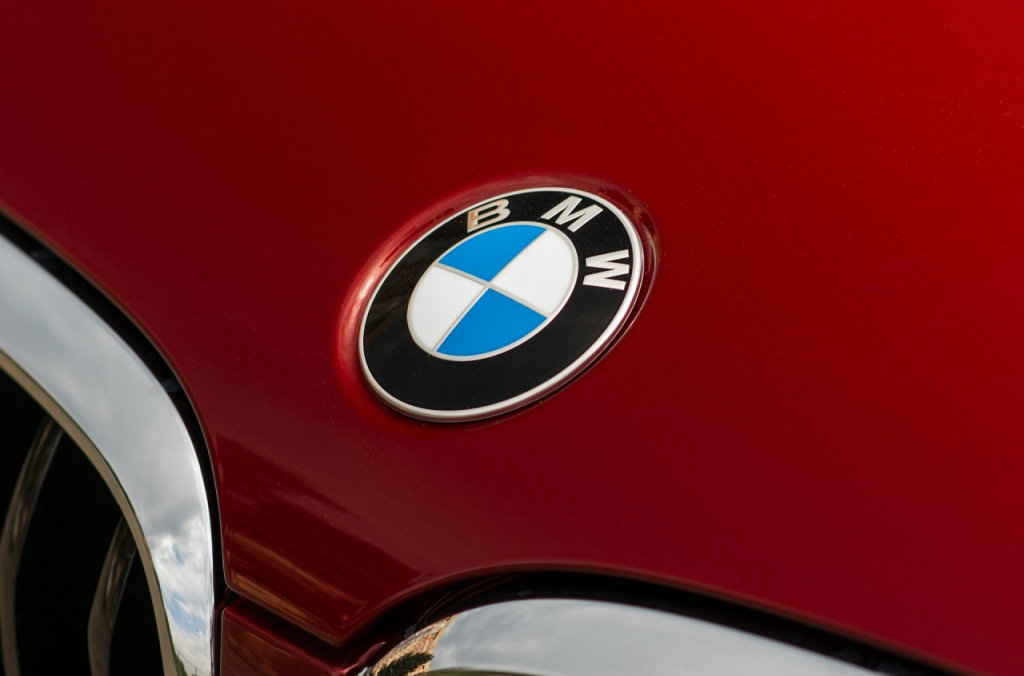BMW or Bayerische Motoren Werke AG recently opened its Research and Development (R&D) facility in South Korea. The German luxury carmaker built this hub to speed up vehicle launches and boost its electrification technology.
BMW added that its new R&D in the country is also meant to strengthen the brand’s customization and capability for vehicle homologation. Moreover, it selected Incheon’s Cheongna International City as the location for its research and development center because the country is currently BMW’s fifth-largest market.
The Expansive R&D Facility
BMW Korea revealed the opening of its newest research hub on Monday, April 22. The company built the facility on a massive 5,296 square meters of land, per The Korea Times.
The place is a single-story building but features different research facilities. The BMW R&D Center has exclusive sections for electric vehicle (EV) charger testing and homologation and several research laboratories for vehicular technologies.
Investment and Jobs at the R&D
The Korean unit of BMW reportedly invested KRW12 billion, or $8.69 million, in the construction of the research and development hub. The facility generated new jobs for the locals, and about 50 research staff members are expected to stay at the facility to support BMW’s homologation and product development of EVs and other vehicles that will be imported to other countries.
“The BMW Group R&D Center in Korea will play a pivotal role in enhancing the products and services offered to our Korean customers, developing future technologies and supporting the collaboration between the automaker and its Korean partners,” BMW Group’s senior vice president of R&D, Daniel Boettger, told the media during the inauguration ceremony.
Meanwhile, The Korea Herald reported that BMW’s main goal for setting up an R&D center is to be in charge of its homologation processes within three to four years. The company hopes to launch new vehicles and products in the Korean market through the facility.
Photo by: Roman Khripkov/Unsplash



 Tesla Granted South Korean Emission Credit Trading Rights by Environmental Ministry
Tesla Granted South Korean Emission Credit Trading Rights by Environmental Ministry  Boeing’s Starliner is about to launch − if successful, the test represents an important milestone for commercial spaceflight
Boeing’s Starliner is about to launch − if successful, the test represents an important milestone for commercial spaceflight  US Lawmakers Push SEC for Bitcoin Options Trading Approval
US Lawmakers Push SEC for Bitcoin Options Trading Approval  Tesla Drivers Get $4k Off 2024 Chevy Blazer EV; Costco Auto Slashes Prices on New EVs
Tesla Drivers Get $4k Off 2024 Chevy Blazer EV; Costco Auto Slashes Prices on New EVs  Mercedes-Benz Financial Appoints Korean Unit’s CEO
Mercedes-Benz Financial Appoints Korean Unit’s CEO  Anthropic Launches Claude AI App on iPhone to Rival OpenAI’s ChatGPT
Anthropic Launches Claude AI App on iPhone to Rival OpenAI’s ChatGPT  Hyundai Motor Scales Up Hydrogen EV Truck Business in the US
Hyundai Motor Scales Up Hydrogen EV Truck Business in the US  Why it takes so long to simulate the climate in a supercomputer
Why it takes so long to simulate the climate in a supercomputer  Shiba Inu Dead Cat Bounce: Price Rebound or Bearish Omen?
Shiba Inu Dead Cat Bounce: Price Rebound or Bearish Omen?  Kakao Gets Approval to Acquire SM Entertainment Controlling Stake
Kakao Gets Approval to Acquire SM Entertainment Controlling Stake  Dongfeng Unveils High-Power Tesla Cybertruck Rival, Eyes Production in Italy
Dongfeng Unveils High-Power Tesla Cybertruck Rival, Eyes Production in Italy  Kakao Enhances AI Focus, Merges Kakao Brain Into Core Operations
Kakao Enhances AI Focus, Merges Kakao Brain Into Core Operations  Taylor Swift, Justin Bieber, Billie Eilish Universal Music Label Signs New Deal With TikTok, Ending Dispute
Taylor Swift, Justin Bieber, Billie Eilish Universal Music Label Signs New Deal With TikTok, Ending Dispute  Electric air taxis are on the way – quiet eVTOLs may be flying passengers as early as 2025
Electric air taxis are on the way – quiet eVTOLs may be flying passengers as early as 2025  Arby’s Unveils New Menu Additions Plus Beyoncé-Inspired Chardonnay-Infused Sauce
Arby’s Unveils New Menu Additions Plus Beyoncé-Inspired Chardonnay-Infused Sauce  US Urges China, Russia to Reject AI Control in Nuclear Arms, Align with Global Norms
US Urges China, Russia to Reject AI Control in Nuclear Arms, Align with Global Norms  Adidas Strategizes to Sustain Sneaker Sales Surge as Samba, Gazelle Drive Growth
Adidas Strategizes to Sustain Sneaker Sales Surge as Samba, Gazelle Drive Growth 































